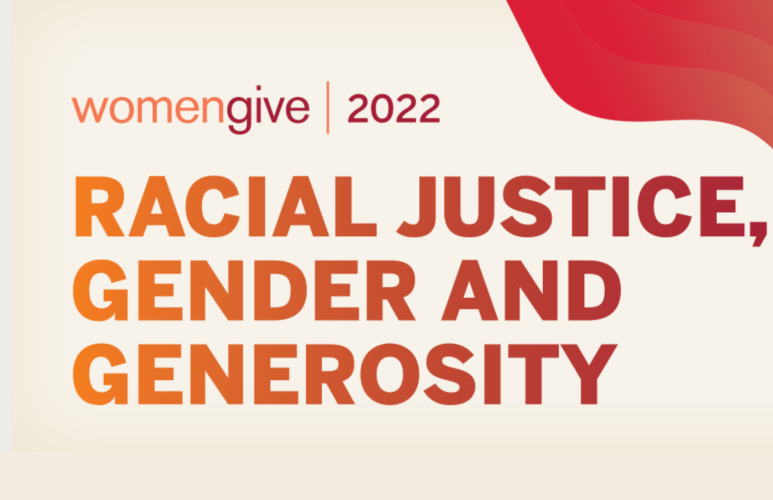More than two out of five people and nearly half of single women supported the 2020 racial justice protests but a much smaller portion, about 1 in 7, actually donated money to racial justice causes, according to a new study.
Women Give 2022: Racial Justice, Gender and Generosity, released by the Women’s Philanthropy Institute (WPI), examines gender and demographic factors affecting giving to racial justice causes in 2020, such as Black Lives Matter (BLM) and Say Her Name. The report, funded by a grant from the Bill & Melinda Gates Foundation, is the first study to explore attitudes toward the 2020 racial justice movement through a gender lens, examining who is giving, how much, and how that generosity relates to various demographic variables.
The report finds that single women, Black households, LGBTQ+ households and younger households demonstrated a greater level of support and were more likely to give money to these organizations.
Findings from Women Give 2022 include:
- More than 4 in 10 households in the U.S. (42%) supported or were actively involved in racial justice protests of 2020, including 48.2% of women.
- About 1 in 7 households (14.2%) gave money to support racial justice causes and organizations in 2020. Single women were more likely to give to these causes than single men.
- Grassroots organizations addressing specific issues related to recital equity were most likely to have received support. Single women were more likely to give to these organizations than single men or couples.
- Almost a quarter of household (23.5%) supported racial justice in some form in 2020, including both financial and non-financial measures of generosity.
- Single women were more likely than single men to take action by donating to political candidates who support their views on racial equity issues.
“This report responds to a moment in time when many leaders and organizations made impressive commitments to advance racial justice. Women Give 2022 underscores the importance of moving people who broadly support these issues into action,” Jeannie Sager, director of the WPI, part of the Indiana University School of Philanthropy, said via a statement announcing the report’s results. “Fundraisers and nonprofit leaders can use this research to better engage donors interested in racial equity. Likewise, donors can leverage the findings to refine their personal giving strategies.”
Corporate and foundation pledges toward racial justice may have received significant attention but women have been supporting these efforts all along, according to Una Osili, Ph.D., associate dean for research and international programs at the Lilly Family School of Philanthropy. “Despite being disproportionately impacted by the global pandemic, women of all backgrounds have contributed to racial justice movements in countless ways, from participating in marches, to financial support, to contacting elected officials to demand police accountability,” she said via a statement. “As the philanthropic community continues to advance racial justice, it’s critical to consider the multitude of ways that donors show their generosity.”
The full report and visual summary are available here. An animated video of the findings also is available.
